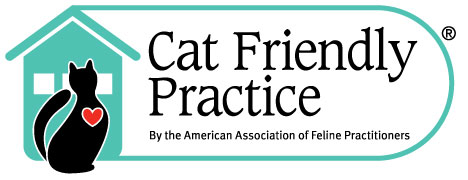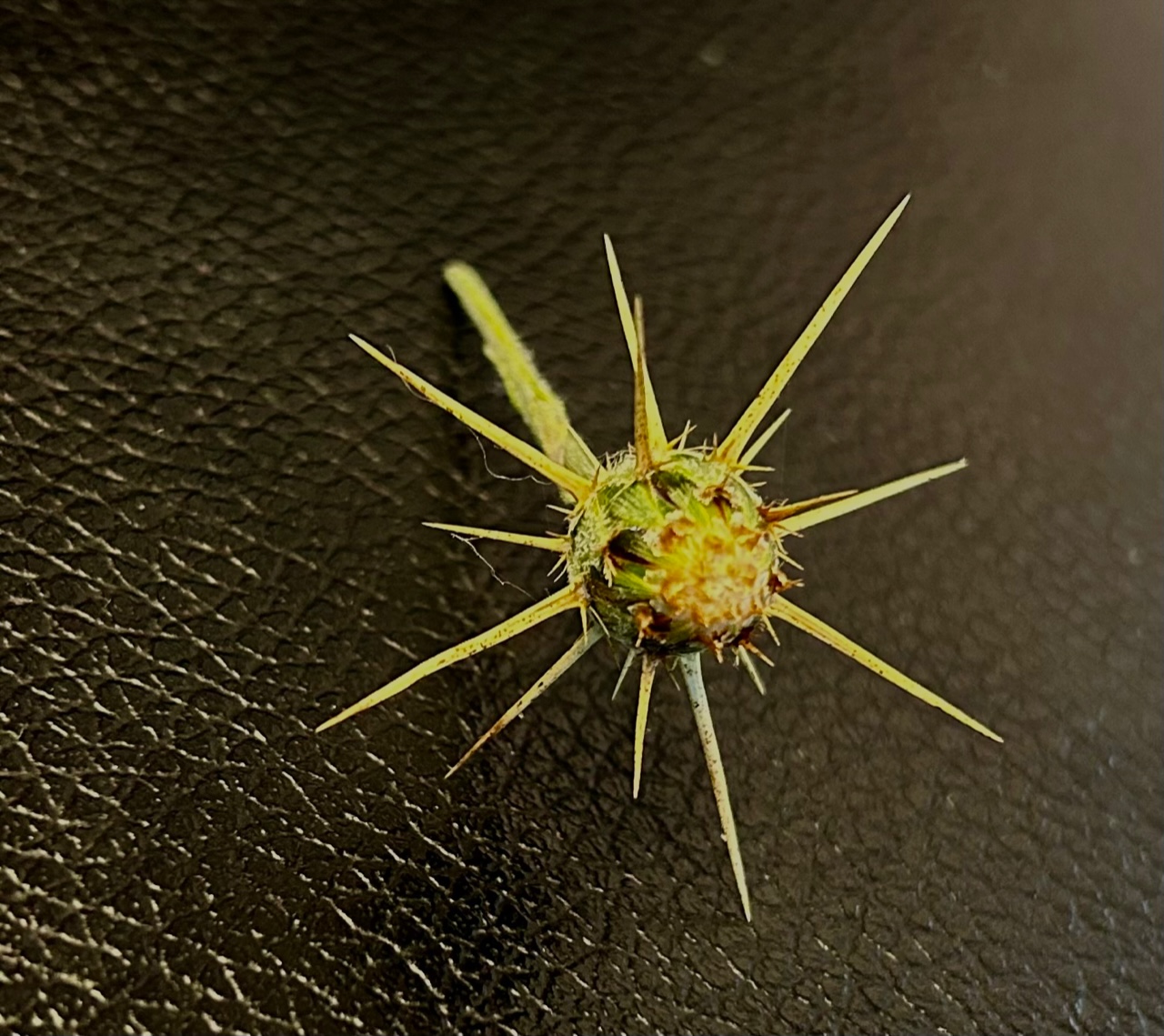A lot can go wrong in the chest/lungs. Signs of respiratory disease include cough, increased respiratory rate, increased effort to inhale or exhale, wheezing or rattling sounds, pale or blue mucous membranes, lethargy or just a very worried look on the face. The main diagnostic tools veterinarians use to determine what is wrong are a good physical exam with a good stethoscope, and radiographs (chest x-ray). The most common cause of coughing in cats asthma. Coughing dogs may have heart disease that leaks fluid into the lungs or squishes main airways. Dogs also commonly cough due to viral tracheobronchitis – irritation of the trachea and main airways. This is commonly called kennel cough and can be quit contagious, but is generally no more dangerous than our bronchitis/common cold complex. Pets can get pneumonia (infection in the lung) by inhaling something like foxtail, having a wound to the chest or throat, or as part of a body-wide infection. Pets who eat rat poison (or rodents that have been poisoned) can develop bleeding disorders and bleed into or around the lungs. While primary lung tumors are not real common in pets, spread of other tumors to the chest is quite common. This is called metastasis and usually only causes respiratory signs when there is a lot of spread (as seen here ) or if the tumors leak fluid or blood. Trauma to the chest or throat cam allow air to get between the lung and chest wall. This ruins the vacuum in the chest and makes the lung unable to expand. Trauma to the abdomen can actually squeeze internal organs up into the chest so there is no room for the lungs to expand. Come visit us if your pet is having trouble, or better yet, et to know us before there are problems. We ™d love to meet you and your pets!
by Bonnie Markoff, DVM, ABVP









Leave A Comment
You must be logged in to post a comment.